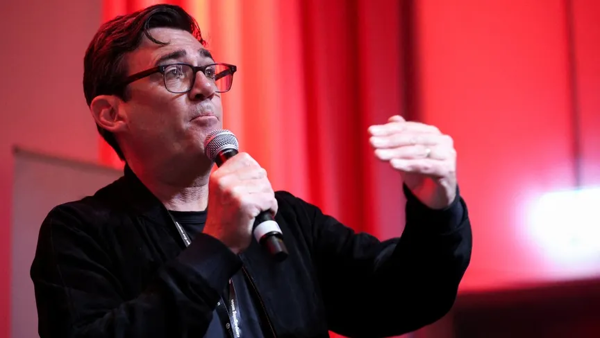
According to the article, the political career of Margaret Thatcher can be compared to the classic "rise and fall," which is reflected in many tragedies and operas. The author Dominic Sandbrook believes that Thatcher's downfall was partly due to her closest political partner Geoffrey Howe, which lends a Shakespearean character to the events. He notes that the qualities that her supporters previously considered strengths, such as stubbornness, inflexibility, and enormous energy, became the reasons for her fall.
According to The Times, the years of the rule of the former Prime Minister of the United Kingdom Margaret Thatcher will become the subject of an opera, focusing on her strained relations with previous Foreign Secretary Geoffrey Howe and his wife, whom they dubbed "Lady Macbeth." The contemporary work of composer Joseph Phibbs and historian Dominic Sandbrook has led to the creation of this two-hour opera, focusing on the period of the premiership of Thatcher from 1979 to 1990.
Phibbs admitted that initially he was skeptical about creating an opera about Thatcher, as her personality always incited controversy and divisions of opinion. However, he realized that "her personality was rather overwhelmingly strong," after which he invited Sandbrook, who had thoroughly studied this period and hosted radio programs, to write the libretto for the two-hour opera.
According to Sandbrook, Thatcher possessed "a certain gleam," and in the opera titled "Lady T" will be supported by a written record she penned in 1978, shortly after watching the musical "Evita" in London. In this letter, she joked that if the Europeans, whom Thatcher described as "people without principles," were able to create a similar work, then she could be a suitable subject for the opera under the title "Margaret" 30 years later.
According to Phibbs, who has been featured at various musical festivals in Brum and Aldeburgh, the team hopes to showcase a few scenes from the spectacle in London in August. He added: "Her personality was reminiscent of Lady Macbeth, she genuinely did not care for Thatcher... because of how she interacted with Howe, which was humiliating." Phibbs also noted that the character of the baroness, the deceased wife of Geoffrey Howe, plays a key role in the opera, as her speech became the stimulus for Thatcher's resignation from the post of prime minister in 1990.














